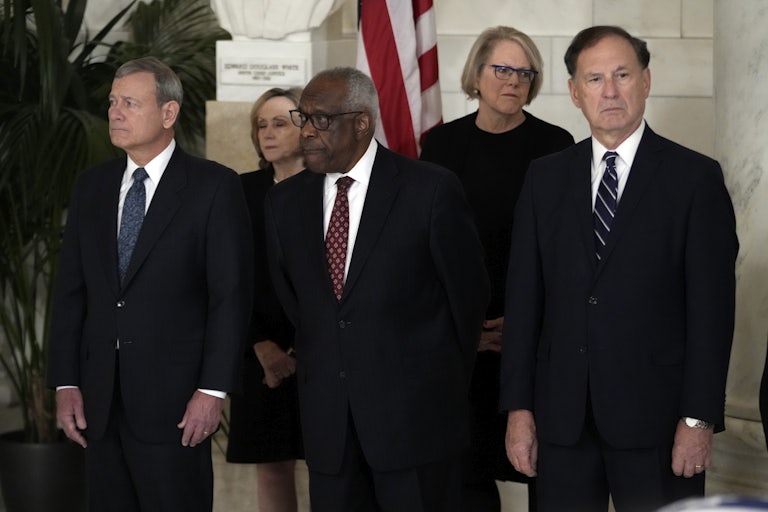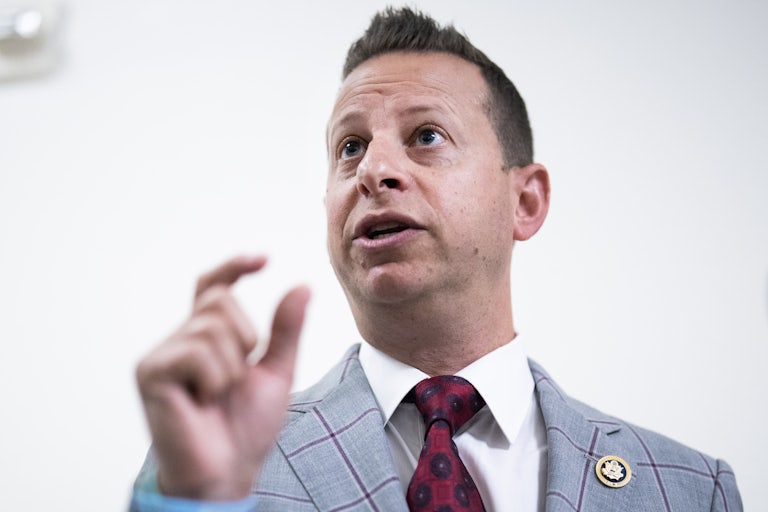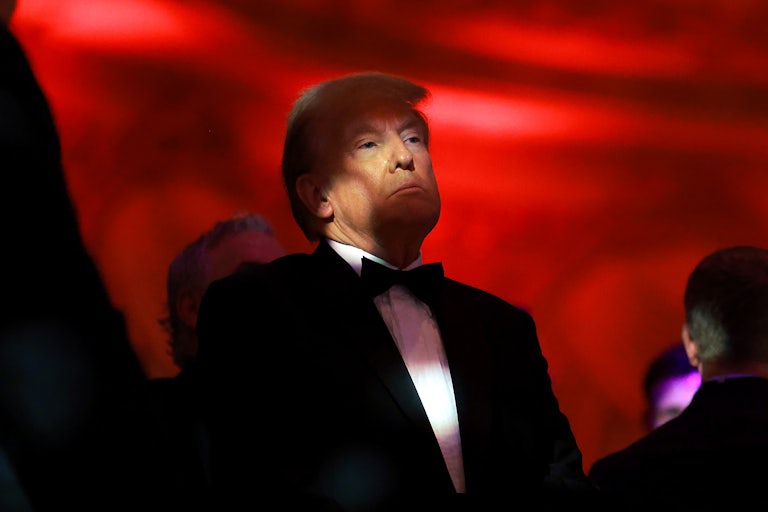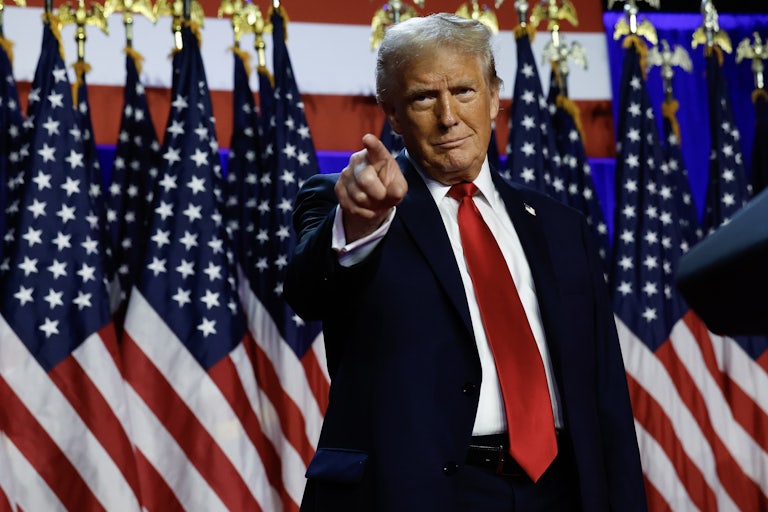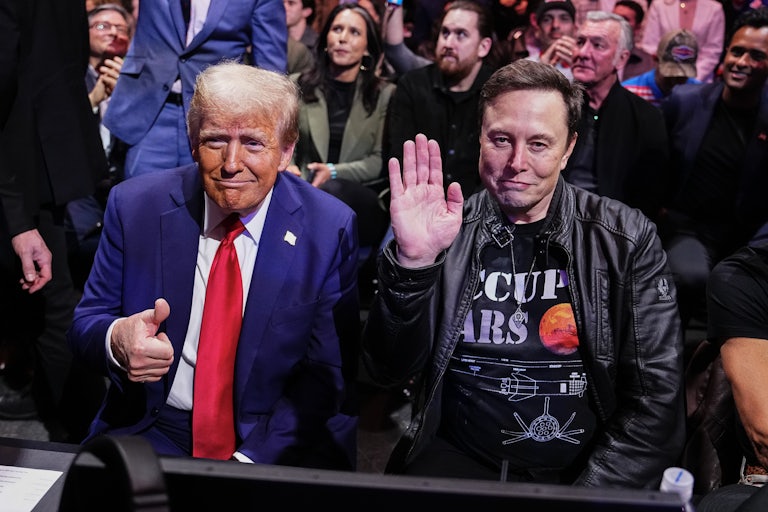Shocking Exit Poll Reveals Why Trump Beat Harris
Voters were most concerned with these three issues.

When it came time to hit the voting booths, Americans sided with Donald Trump on their top three biggest concerns.
A poll published Tuesday by Navigator Research revealed that Trump’s stance on—and his ability to elevate—three key issues drastically swayed American voters at the ballot box. Those issues included inflation and the cost of living, immigration and the border, and jobs and the economy. Navigator Research surveyed 5,000 voters in the 2024 general election, some of whom self-reported as new Trump voters.
Across the survey pool, 43 percent of voters ranked inflation as their top priority, followed by a tie between immigration and the economy for second and third place with 31 percent of the vote. Swing voters and first-time Trump voters were even more concerned by those same issues, with approximately 45 percent of swing voters ranking inflation as their first priority and 55 percent of new Trump voters doing the same.
And Trump’s messaging resonated with those voters, with the president-elect winning by double digits on those issues over Vice President Kamala Harris. On the issue of inflation, voters sided with Trump by a matter of 34 points. He won by 31 points with voters who ranked jobs and the economy as one of their most important issues and by a massive 71 points with voters who prioritized immigration and border policies.
Harris won on the next four issues most significant to voters, though the significance of the issues was obviously relatively minimal. Those included abortion, Social Security and Medicare, health care, and threats to democracy—the last of which Harris won by 60 points.
The Democratic candidate also won on guns and climate by 43 and 70 points, respectively, though voters ranked those issues much lower on the totem pole.
